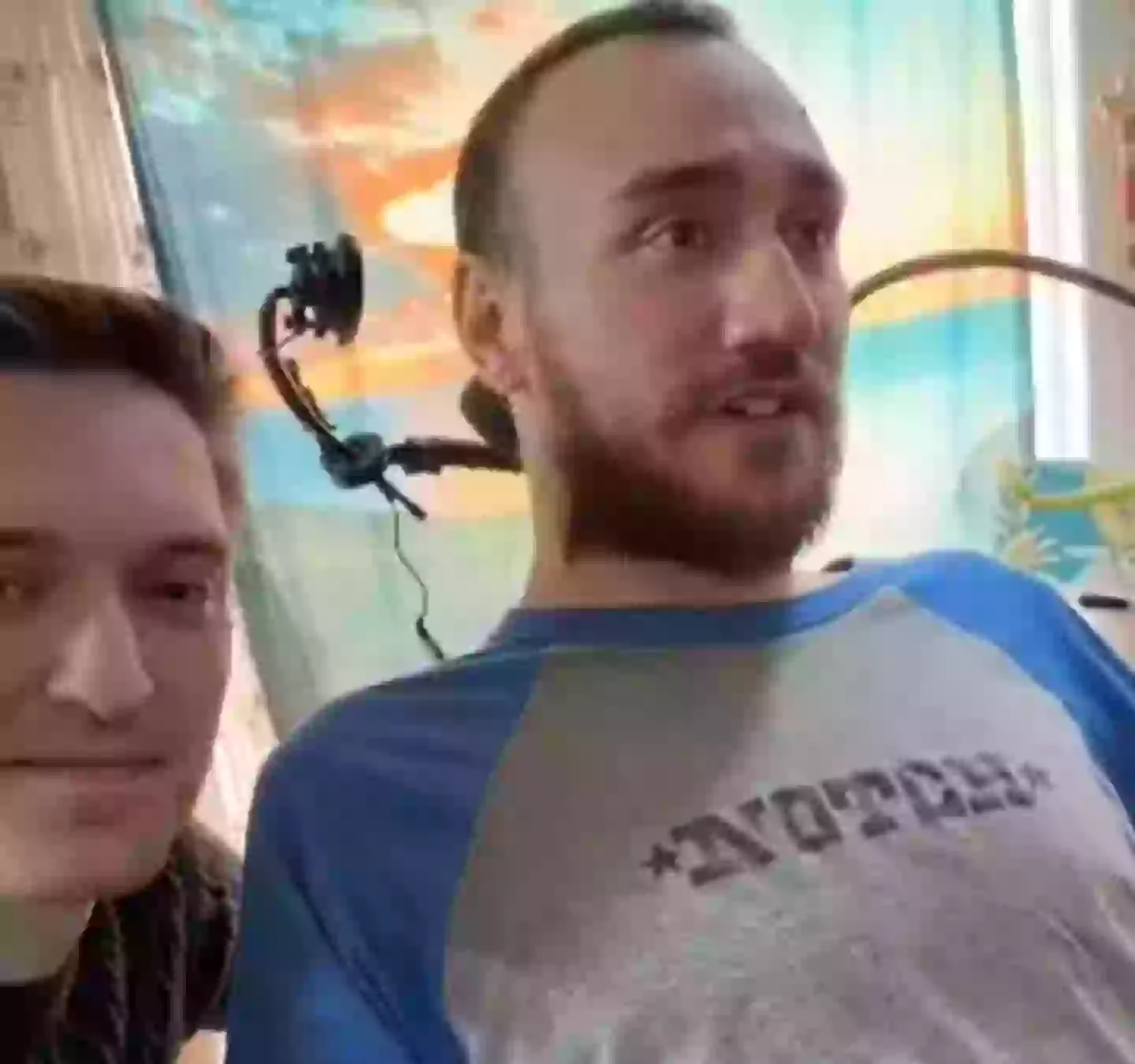
The brain chip implant being trialled by Elon Musk's Neuralink company has recorded a malfunction just weeks after being put in a trial patient's head for the very first time.
Earlier this year, Neuralink released footage for the first time of trial patient Noland Arbaugh playing chess with his mind.
The moment was revolutionary, with Arbaugh paralysed from his shoulders down as a result of a horrific car crash in January.
The end game for Musk is to help paralysed people walk again - although when this will be remains up for debate.
Advert
Revealing what he did on his first night with the brain chip, Arbaugh said: "It was worth it, I think is the best way to put it, it was awesome."
Musk's company is not the only ones battling it out in the realm of brain devices, with Jeff Bezos and Bill Gates backing a rival that could have the technology available before the Tesla founder does.
As part of its attempts to make the chips available to the public, Neuralink has now released an update on the trial period as part of clinical trial entitled 'PRIME Study: Precise Robotically Implanted Brain-Computer Interface'.
In the update, released on Wednesday (8 May), Neuralink marked 100 days since Arbaugh was give the implant, with the American able to go home the day after successful surgery.

Advert
As part of new information about his journey, Neuralink admitted issues with the implant just weeks after it was put in Arbaugh's head.
The problem here was that the device's 'threads' connecting it to the person - which are thinner than a human hair - had disconnected.
A total of 64 threads are in place on the device, transporting neural signals using 1,024 electrodes.
According to reports in the Wall Street Journal, conversations were had about removing the implant from Arbaugh but this was not taken up as there was no risk posed to Arbaugh by the malfunction.
To try and fix the issue, Neuralink - which hasn't revealed how many threads came undone - put together a workaround now that there were fewer electrodes, meaning Musk's team would be inhibited in its ability to measure the device's accuracy and speed when recording it on the company's system, called the Link.
Advert

Plan B saw Neuralink modify its recording algorithm to be more sensitive to signals from the brain.
It also enhanced the user interface and improved techniques for translating brain signals in to real-world movements on a computer.
Arbaugh now uses the implant for eight hours a day, which is upped to more than 10 hours a day on weekends.
He said: "I thought that the mouth stick was a lot better than BCI a month ago, when we compared them I saw that BCI was just as good if not better and it's still improving; the games I can play now are leaps and bounds better than previous ones.
Advert

"I’m beating my friends in games that as a quadriplegic I should not be beating them in."
Neuralink said: "Our current work is focused on pushing cursor control performance to the same level as that of able-bodied individuals, and on expanding functionality to include text entry.
"In the future we intend to extend the Link’s functionality to the physical world to enable control of robotic arms, wheelchairs, and other technologies that may help increase independence for people living with quadriplegia."
Topics: Education, Elon Musk, Health, Science, Technology, US News, Viral, Weird